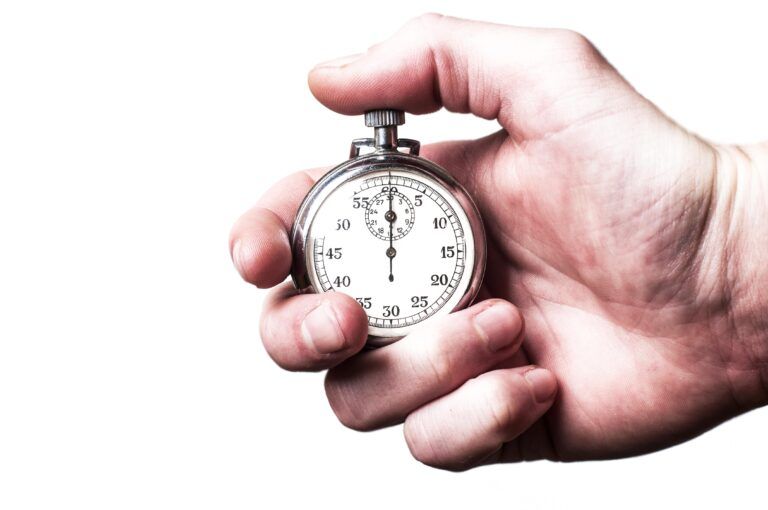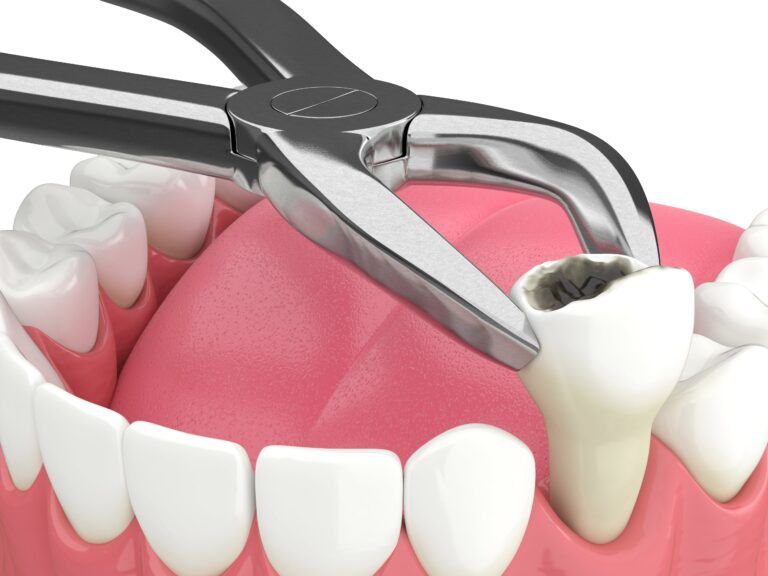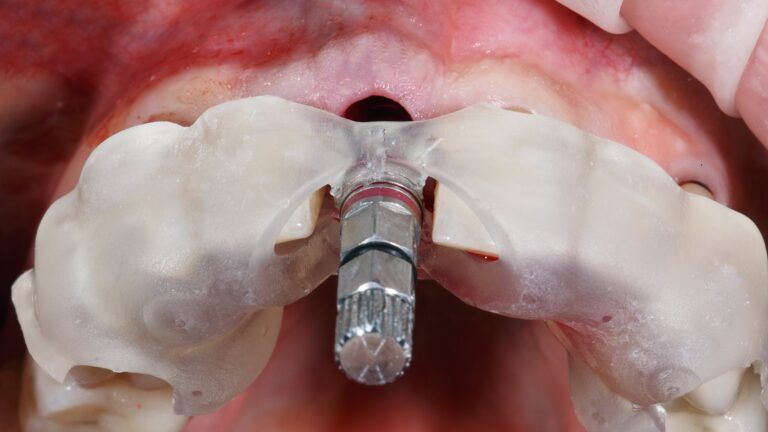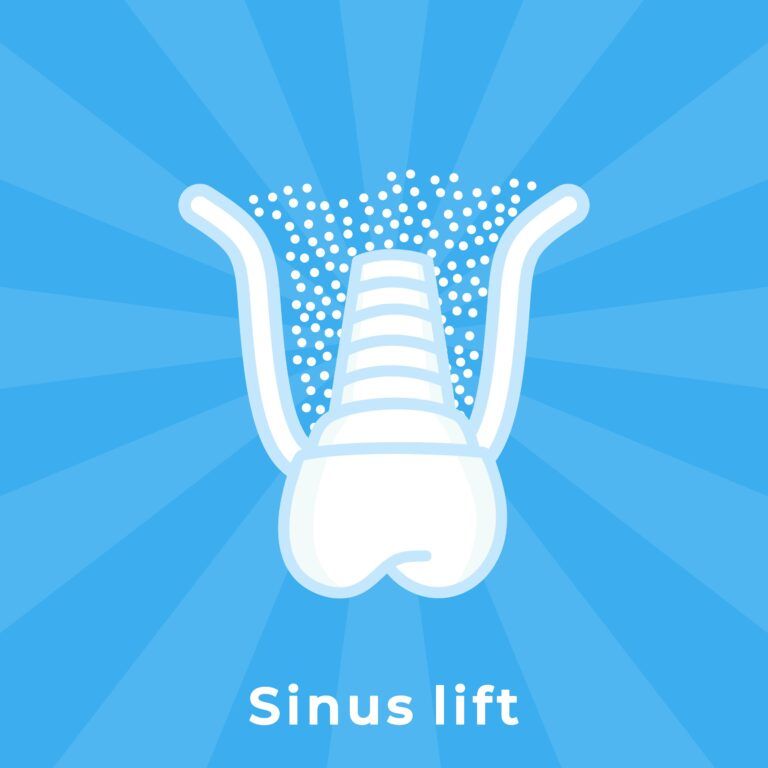Dental implants are a popular choice for people who have lost one or more teeth. They are a long-lasting, effective way to replace missing teeth and restore function to your mouth. However, there are different approaches to dental implant placement, and it can be challenging to determine which one is right for you. Immediate dental implant placement refers to the placement of a dental implant at the same time as the extraction of the tooth. In contrast, delayed dental implant placement refers to the placement of a dental implant after the tooth extraction site has had time to heal. Both approaches have their pros and cons, which we will explore in this blog.
Immediate Dental Implant Placement
Immediate dental implant placement refers to the placement of a dental implant in the same appointment as a tooth extraction. In this approach, the dental implant is placed directly into the socket left by the extracted tooth. Immediate dental implant placement can be a faster treatment option than delayed placement, as it allows for the replacement tooth to be placed in the same appointment as the tooth extraction. This approach can also help preserve bone and gum tissue around the extraction site, as the implant can help stimulate the growth of new bone and gum tissue. However, immediate dental implant placement may not be suitable for all patients and carries a higher risk of implant failure compared to delayed placement, as the implant is placed in a site that has not yet fully healed.

Immediate dental implant placement is recommended in certain cases where the tooth to be replaced is healthy and the surrounding bone and gum tissue is in good condition. It is also suitable for patients who are looking to replace a single missing tooth, have a strong immune system, and who do not have any underlying health issues that may affect the success of the implant. Immediate dental implant placement can also be a good option for patients who have a tight schedule and want to complete the implant process in as few appointments as possible.
Immediate dental implant placement may not be recommended in cases where there is significant infection or damage to the surrounding bone and gum tissue. It may also not be recommended for patients who have a weakened immune system, smoke, or have other health conditions that may affect the success of the implant. In such cases, a dentist may recommend delaying the implant placement until the extraction site has fully healed and any underlying issues have been addressed.
Pros of Immediate Dental Implant Placement
- Faster Treatment Time: One of the most significant advantages of immediate dental implant placement is that it can reduce treatment time. With this approach, you can have a new tooth and fully restored function in your mouth in just one procedure, instead of multiple appointments.
- Preserves Bone and Gum Tissue: When a tooth is extracted, the bone and gum tissue around the tooth begin to deteriorate. Immediate dental implant placement can help to preserve these tissues and prevent further bone loss.
- Immediate Restoration of Function: Immediate dental implant placement allows you to immediately restore function to your mouth, which means that you can resume eating, drinking, and speaking with confidence.
Cons of Immediate Dental Implant Placement
- Risk of Implant Failure: Immediate dental implant placement can carry a higher risk of implant failure than delayed placement. This is because the implant is placed in a site that has not yet fully healed, which can compromise its stability and increase the risk of infection.
- Higher Cost: Immediate dental implant placement can be more expensive than delayed placement because it requires more complex surgical procedures and may require additional materials.
- Not Suitable for All Patients: Immediate dental implant placement may not be suitable for all patients, particularly those who have existing oral health issues, such as gum disease or a compromised immune system.
Delayed Dental Implant Placement
Delayed dental implant placement refers to the placement of a dental implant after the extraction site has fully healed. In this approach, the extraction site is allowed to fully heal and any underlying issues, such as infection or damage to the surrounding bone and gum tissue, are addressed before the implant is placed. Delayed dental implant placement typically involves a multi-step process that may require several appointments over the course of several months.

During the first appointment, the tooth is extracted and the extraction site is allowed to heal for several weeks or months, depending on the patient’s individual circumstances. Once the extraction site has fully healed and any underlying issues have been addressed, the implant can be placed. The implant is then left to fuse with the surrounding bone tissue over the course of several months, a process called osseointegration. Once osseointegration is complete, a custom-made restoration, such as a dental crown, bridge, or denture, can be attached to the implant.
Delayed dental implant placement can be a good option for patients who have underlying health issues, weakened immune systems, or a history of smoking, which can affect the success of the implant. It can also be a good option for patients who require additional procedures, such as bone grafting or sinus lifts, to improve the quality or quantity of the bone tissue at the implant site. Delayed dental implant placement generally has a higher success rate than immediate placement, as the implant is placed in a site that has had time to fully heal and any underlying issues have been addressed.
Pros of Delayed Dental Implant Placement
- Greater Success Rate: Delayed dental implant placement has a higher success rate than immediate placement because the implant is placed in a fully healed extraction site.
- Lower Risk of Infection: Because the implant is placed in a fully healed extraction site, there is a lower risk of infection compared to immediate placement.
- Time for Bone and Gum Tissue to Heal: Delayed dental implant placement allows the bone and gum tissue around the extraction site to fully heal, which can improve the stability of the implant and provide a better long-term outcome.
Cons of Delayed Dental Implant Placement
- Longer Treatment Time: Delayed dental implant placement requires multiple appointments over several months, which can extend the overall treatment time.
- May Require Additional Procedures: Delayed dental implant placement may require additional procedures, such as bone grafting or sinus lifts, to ensure that there is enough healthy bone to support the implant.
- Temporary Restoration May Be Necessary: Delayed dental implant placement may require a temporary restoration to be placed in the extraction site while the implant heals, which can be uncomfortable and may require additional appointments.
Factors to Consider
When deciding between immediate and delayed dental implant placement, there are several factors to consider. These include:
- Oral Health: Your overall oral health will play a key role in determining whether immediate or delayed dental implant placement is right for you. If you have underlying issues such as gum disease or bone loss, it may be necessary to address these issues before placing an implant. Your dentist will evaluate your oral health and determine if you are a good candidate for dental implant placement.
- Extraction Site: The location of the tooth to be replaced and the condition of the extraction site will also influence whether immediate or delayed dental implant placement is recommended. Immediate placement may be possible if the tooth being replaced is healthy and there is adequate bone and gum tissue present. Delayed placement may be recommended if there is significant damage or infection in the extraction site that needs time to heal.
- Patient Preference: Some patients may prefer the convenience of immediate dental implant placement, while others may prefer the higher success rate of delayed placement. It is important to discuss your preferences with your dentist and weigh the pros and cons of each approach before making a decision.
- Cost: The cost of immediate and delayed dental implant placement can also be a factor in the decision-making process. Immediate placement may be more expensive due to the additional procedures required, while delayed placement may require more appointments over a longer period of time, which can add up in terms of cost.
- Overall Health: Your overall health and medical history can also influence whether immediate or delayed dental implant placement is recommended. If you have a weakened immune system or other underlying health conditions, delayed placement may be recommended to reduce the risk of implant failure.
Ultimately, the decision to choose between immediate and delayed dental implant placement will depend on your unique situation and needs. Your dentist can help guide you through the decision-making process and recommend the best approach for your specific case.
In Conclusion
Choosing between immediate and delayed dental implant placement is a decision that should be made in consultation with your dental professional. Factors such as your oral health, the location of the missing tooth, and your overall health should be considered when making this decision. Understanding the pros and cons of each approach can help you make an informed decision about which option is best for you. Regardless of which approach you choose, dental implants can provide a long-lasting, effective way to replace missing teeth and restore function to your mouth.

Irfan Atcha, DDS, DICOI, DADIA at New Teeth Chicago Dental in Chicago, Illinois is a board-certified general dentist and a nationally recognized expert in dental implants, cosmetic dentistry, and sedation dentistry. Dr. Atcha is now serving patients in Naples, Bonita Springs and SW FL area with All-on-4 implants, teeth-in-a-day, same day dental implants and the complex zygomatic dental implants for the no-jaw bone solution approach. To schedule a consultation please email Dr. Atcha at teethforyou@gmail.com.





